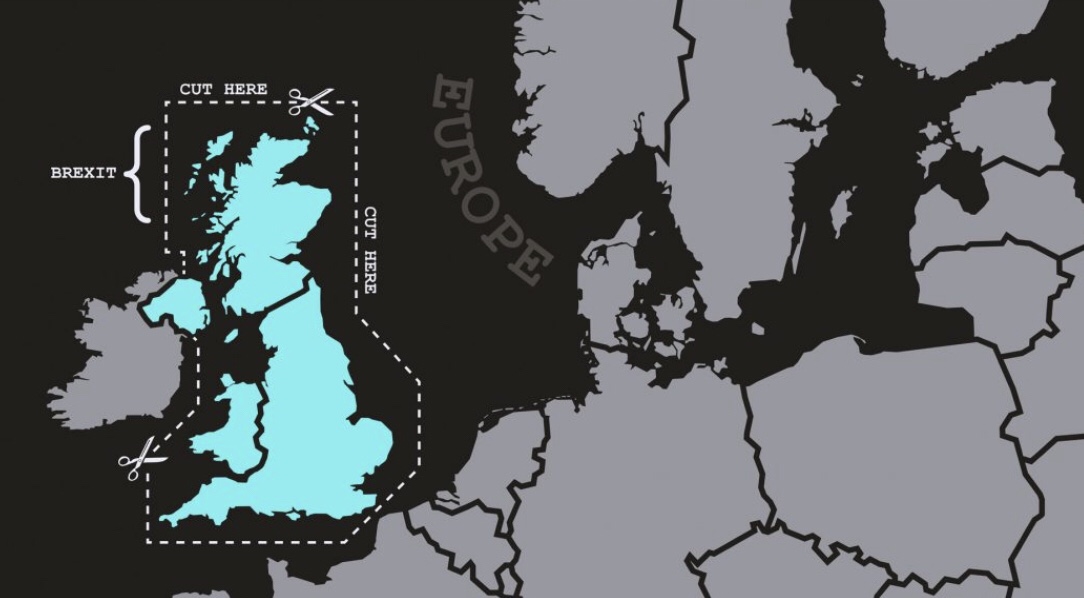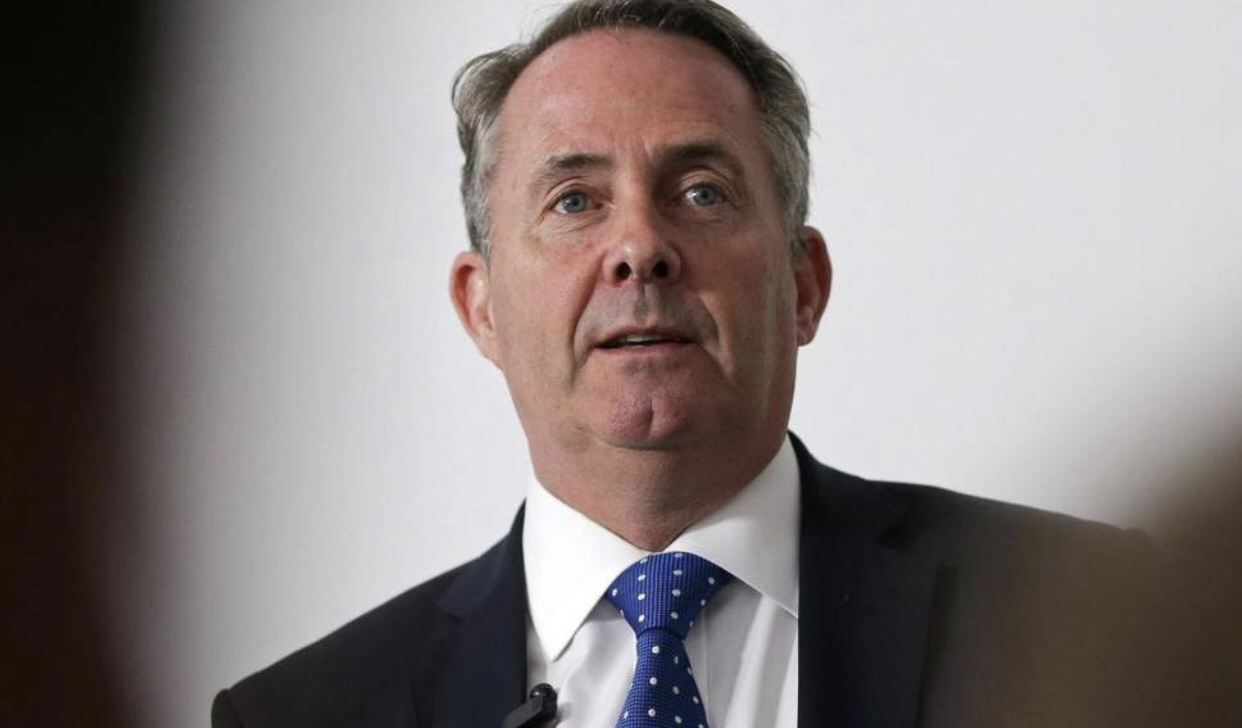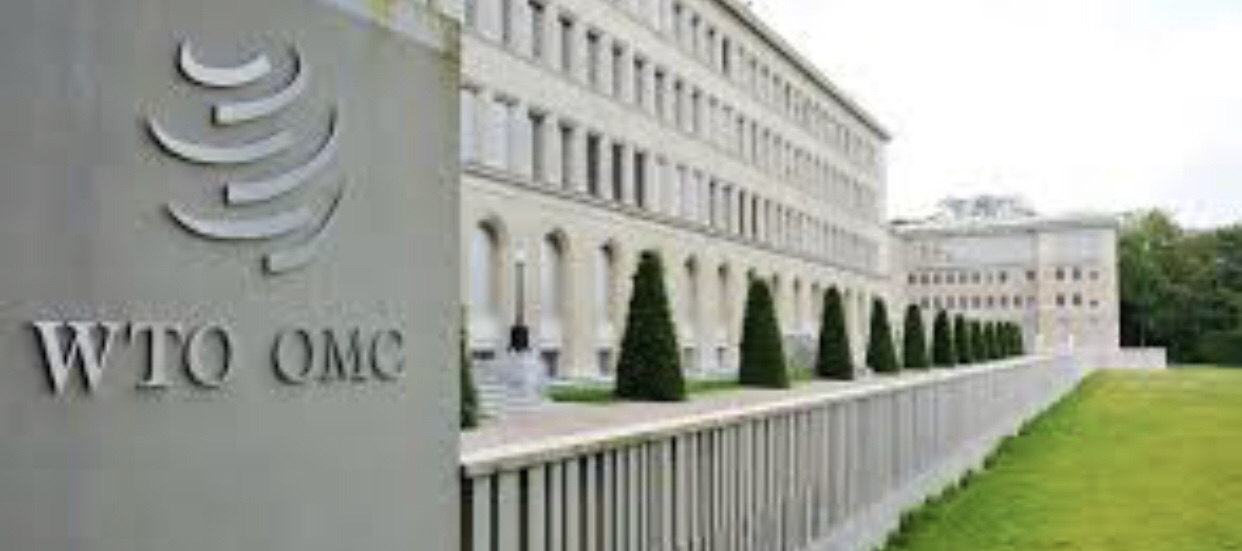Tony Smith, Chairman of the International Border Management and Technologies Association (IBMATA) and former Director General of UK Border Force has written an excellent article on movement of people post-Brexit. You find the article here below. Tony Smith is an old colelague and friend of mine and I hold him as the leading expert in the world on tgese issues,

As the deadline for the UK’s departure from the European Union draws near, both sides are locked in a seemingly eternal argument about borders, movement of people and products; and how to manage them in the future.
At the heart of the problem lies the European Commission’s insistence that the four freedoms of the single market as set out in the single European Act – freedom of movement of people, goods, services and capital – are preserved. The presumption, therefore, is that such freedoms cannot exist between a member state and a third country. You are either in or out; you cannot ‘cherry pick’.
However, the interpretation of this philosophy varies between countries, especially the UK and Ireland, where separate arrangements were in place long before the creation of the single market. Geography plays a role, as well as history.
Everyone involved in the border control business knows full well that movement of people across land borders is harder to control than maritime borders or air borders. Conveniently, the British Isles do not have the same extensive land borders to control as those that exist in Europe. Therefore, both the UK and Ireland chose to “opt out” of the Schengen Acquis, which effectively removed physical border controls between those countries within it.
Upon arrival by sea or air at either the UK or the Irish border from a third country, all passengers pass through a physical border control and are required to present their passports for inspection. To reflect the concept of free movement of people, the UK and Ireland have both made concessions in respect of EU nationals. They pass through separate channels to third country nationals; they may use their national identity cards to enter in lieu of a passport; and (if they hold an electronic passport) they may also enter via an e-gate.
Therefore, in that respect, EU passport holders arriving at the UK Border are treated in the same way as UK and Irish passport holders; there is a watch list check and a document check, but no examination of purpose of visit or intent. By comparison, third country nationals need to meet the requirements of the immigration rules – regardless of their status in another Member State – and may be refused entry if they don’t. This is in stark contrast to travellers moving around the Schengen zone, who don’t go through any form of passport control at all – regardless of their nationality or immigration status.
The exemption of the UK and Ireland from the Schengen Acquis affords both countries significant benefits in immigration control. The migrant crisis in 2015 sent the Schengen group into turmoil as national immigration policies clashed with EU policies on free movement of people. Governments came under pressure to introduce internal border checks within the Schengen zone that had not existed previously; and the brunt of the crisis was borne by those countries facing an external frontier, such as Greece and Italy. The UK has extended this advantage still further by the creation of “juxtaposed” controls in Calais, Dunkirk, Paris and Brussels to prevent undocumented migrants from arriving on UK soil at all.
Despite this, not much has been said or written about the movement of people in the Brexit debate. The focus of debate – and disagreement – has been over the movement of goods. Why so? This is in part because both the UK and Ireland already sit outside the Schengen zone, so passport controls can remain largely unaltered; and a little-known agreement (before now) called the Common Travel Area (CTA) which extends to the UK, Ireland and the Channel Islands. In practical terms, the CTA could be described as a smaller version of the Schengen agreement. It was developed to ensure that British and Irish citizens – and citizens of the channel isles – could travel freely between their respective countries upon creation of the Irish free state in 1923.
Like Schengen, the CTA has had its share of problems. Most immigration into the Republic of Ireland emanates from the UK; and some commentators see Ireland as a “back door” for immigration into the UK. Also, at the height of the “troubles”, security checks were introduced on movement of people between the Republic of Ireland and UK ports to disrupt and deter terrorist travel within the CTA.
But the overriding principle in Ireland must be the preservation of peace established under the Belfast (Good Friday) Agreement, which has lasted for the past 20 years. In Ireland the mere mention of the word ‘border’ brings back painful memories on all sides. So, the implications of discussing new “border checks” – either on movement of people across the north-south border in Ireland, or between Great Britain and Northern Ireland – creates huge political sensitivities both in Ireland and in the UK. Something that inevitably challenges the EU philosophy that the four freedoms must apply in Ireland (as a Member State) but not in the UK (as a non-Member State).
On the UK side, the CTA still offers a workable solution for the movement of people. Passengers entering the UK from the Republic Ireland do so under the terms of the Immigration (Control of Entry via Ireland) Order 1972, as amended. This was passed in 1973 when the UK Immigration Act 1971 came into force; and has stood the test of time. There are no routine passport controls on passengers arriving in the UK from Ireland. British and Irish passport holders may move freely within the CTA; and this will remain so after Brexit. Third country nationals lawfully admitted into Ireland are deemed to be given leave the enter the UK for a limited period, without needing any additional permission. And in the event of “freedom of movement” coming to an end, EU passport holders could also be deemed to be given leave to enter the UK.
Yes, there is provision to examine people who are not lawfully in Ireland; but these checks do not need to be conducted at the border itself. If the Irish government and Brussels accept a similar arrangement for movement of people between Ireland and the UK, then there is no need for any passport controls between the UK and Ireland; and the position remains largely as before.
But the difficulty with Customs checks remains. As with Schengen, the CTA concerns the movement of people and not the movement of goods. The elimination of customs posts on the Irish border – and at other UK ports for that matter – was entirely contingent upon both country’s membership of the single market and the EU Customs Union. It is hard to imagine a scenario where the UK sits outside both the single market and the customs union, and customs checks can be completely avoided. It is the nature and method of such checks that the negotiators are struggling with. The political situation is compounded by the fact that most people in Northern Ireland voted to remain in the EU; and that the current UK government relies upon the Democratic Unionist Party (DUP) to retain its majority in parliament. This has essentially ruled out the “backstop” proposal of border controls in the Irish sea; but places the focus back on controls at he Irish land border which nobody wants.
Let’s hope a solution is nigh; but let’s not underestimate the scale of the challenge either.
On LinkedIn Tony Smith today wrote as follows:
My latest piece on #Brexit and the UK Border dilemma. Look forward to discussing with border experts at the Brexit Symposium in Soest Germany on 20 – 21 November with my friend and colleague Lars Karlsson
Come to Soest and talk to me and Tony.
The US and China are reportedly among 20 countries attempting to block Britain from agreeing a fast-track deal with the World Trade Organisation (WTO) on its post-Brexit terms of trade with the rest of the world.
Liam Fox, the international trade secretary, admitted several WTO members had “expressed reservations” about the government’s plan to stay on terms similar to those it still enjoys as a member of the European Union (EU).

Britain is a full member of the WTO, but its membership is bound up with the EU, meaning it has to come to an independent agreement with the trade body.
Whitehall is now facing a series of separate negotiations with countries over the limits on the amount of certain goods which will be allowed into Britain, and what tariffs the UK will set on imports.
“As expected, some trading partners have expressed reservations about our proposed treatment of tariff rate quotas,” Dr Fox said in a written statement to the commons.
The arch-Brexiteer added the UK now “intends to enter negotiations with relevant partners”.
The negotiations will likely to be fraught with difficulties because countries around the world stand to lose and gain economically depending on how EU quotas are split between the bloc once Britain leaves.
Under international trade agreements, countries are often allocated export “quotas” by another country – which fixes an upper limit on how much product they are allowed to ship there.
The quotas usually apply to specific products and tend to be applied by countries to protect producers in their own country from competition – unfair or otherwise.
When the UK leaves the EU, countries need to work out what proportion of EU quotas – which were previously shared between the UK and 27 other countries as a single bloc – now belong to the UK.
The head of the Commons international trade committee, Angus Brendan MacNeil, said on Friday Dr Fox’s plans to rapidly establish the terms of WTO membership were in “tatters”.
“Liam Fox was hoping for a quick and easy process to establish the terms of the UK’s WTO membership before Brexit takes place,” Mr MacNeil said.
“When he gave evidence to my committee in July, Dr Fox assured me that this was all going fine. But his plan is now in tatters after the UK’s proposed WTO goods schedules faced formal objections from some 20 countries, including the US, China, Australia and New Zealand.”

MLex, a market analysis website, reported Russia had argued Britain’s proposals were inconsistent with its obligations “under several basic WTO provisions”.
But a department for international trade spokesperson insisted the development was “expected” and would “not impact our ability to trade independently”.
“The terms we have set out will form the basis of our trade policy while we engage with our WTO partners to address their concerns,” the spokesperson told the Financial Times.
Source: The Independent
Barcelona are once again top of the La Liga table thanks to a memorable 5-1 over Real Madrid in El Clásico.

After a spectacular first half, a tough start to the second and an amazing finish to the game, Barça dominated most of the match and saw a Luis Suárez hat-trick give them three huge points.
As a Member of FC Barcelona this was a good day.






You must be logged in to post a comment.